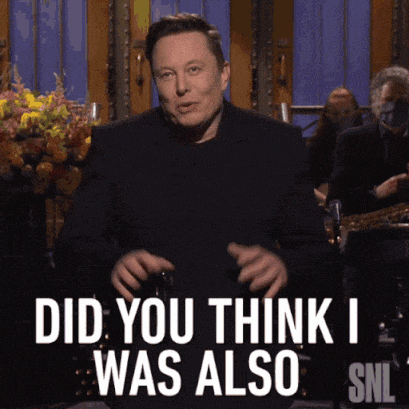The metaverse and why humans create worlds of make-believe
Jaspreet Bindra
We as a species have a unique ability to tell ourselves stories that even underpin our economic lives 0ver the past few months, I have written a lot about the online metaverse. Along with crypto-currency and non-fungible tokens, the metaverse seems to have captured our imagination. There is no one definition, with Mark Zuckerberg and Satya Nadella and others defining it the way it works best for them. The term ‘metaverse’ originated in Neal Stephenson’s dysto-pian novel Snow Crash, in which people appear in digital avatars in a virtual world complete with companies, homes and factories. Interestingly, Stephenson was as mystified as anyone else as to how this still-vague term became so big and hyped; he fatuously said that he was “making shit up”.
What has baffled me, however, is why we humans create make-believe, fantasy worlds, or imaginary money for that matter. The metaverse is not the first one. Linden Labs created some-thing called Second Life in 1993, where you could buy your own farms and raise animals, trade with Linden dollars, etc. Today, you can do the same in places like Dencentraland and Sandbox in the metaverse. My question got partially answered listening to a TED Talk by Yuval Noah Harari, one of the foremost historians, thinkers and philosophers of modern times (bit .1y/3usUhHn). He talks about Why humans run the world’; he starts off by asserting that “humans control the planet because they are the only animals that can cooperate both flexibly and in very large numbers.” What enables us to do this, he says, is our imagination: “We can cooperate flexibly with countless numbers of strangers, because we alone, of all the animals on the planet, can create and believe fictions and fictional stories. And as long as everybody believes in the same fiction, everybody obeys and follows the same rules, the same norms, the same values.” One big reason for this is that humans have language and can use it not merely to describe reality, but also to create new realities—fictional realities. For example, he says, a human being can imagine a god above and create a story that this divinity will ensure we go to hell if we do bad and heaven if we do good. “Millions of people,” he says, “come together to build a cathedral or a mosque, because they all believe in the same stories.” He gives us other examples. Legal systems, he claims, are based on a belief in human rights, and those too area story we invented. Politics and the concept of nations is another. “They are not an objective reality. A mountain is an objective reality. You can see it, you can touch it, you can even smell it. But a nation or a state, like Israel or Iran or France, this is just a story that we’ve invented and became extremely attached to.” Another example is companies, what lawyers call ‘legal fictions’.
So is money, which isn’t objective reality. Pieces of paper we call currency have no objective value. As he eloquently says: “You cannot eat it, you cannot drink it, you cannot wear it. But then came along these master story-tellers—the bankers, the finance ministers, the prime ministers—and they tell us a very convincing story. Money is the most successful story ever invented and told by humans, because it is the only story everybody believes.” So, if we can create a story around money created by government ‘fiat’, why not around decentralized money or crypto currency? If enough people believe this story too, it can and will be as powerful and trustworthy as government-issued fiat currency.
Hariri has another insight to explain concepts like the metaverse: “We humans… live in a dual reality. All other animals live in an objective reality… with objective entities, like rivers and trees and lions and elephants. We humans also live in (the same) objective reality, but over the centuries, we have constructed on top of this objective reality a second layer of fictional reality, a reality made offictional entities, like nations, gods, money and corporations.” This to me explains the metaverse and answers my question. The poet Muriel Rukeyser said: “The universe is made of stories, not atoms.” It’s our ability to create these stories and believe in them that makes us human and explains our religions, laws, politics and technologies.
The last word to Harari: “What is amazing is that as history unfolded, this fictional reality became more and more powerful, so that today, the most powerful forces in the world are these fictional entities. The very survival of (objective entities like) rivers and trees and lions and elephants depends on the decisions and wishes of fictional entities, like the United States, like Google, like the World Bank.” So, will alternate realities like crypto and the metaverse ensure the survival of ‘real life’ someday?
FAQ
Metaverse is nothing but a virtual reality world that runs on an augmented reality that the entire world will operate inside the system of the internet. Many companies are targeting this industry as it carries a huge scope for the future. Whereas, a multiverse is the universal version of a metaverse in which it acts as a unified platform for all metaverses to interact and enable their users to experience other virtual worlds as well.
Metaverse company is an entity that maintains its digital company space in the world. They create a system whereby their users can interact with their services while constantly integrating their platform to offer a much better and safer experience. The concept of the metaverse is yet not entirely functional so the scope and limits of a metaverse company cannot be determined as of now.


